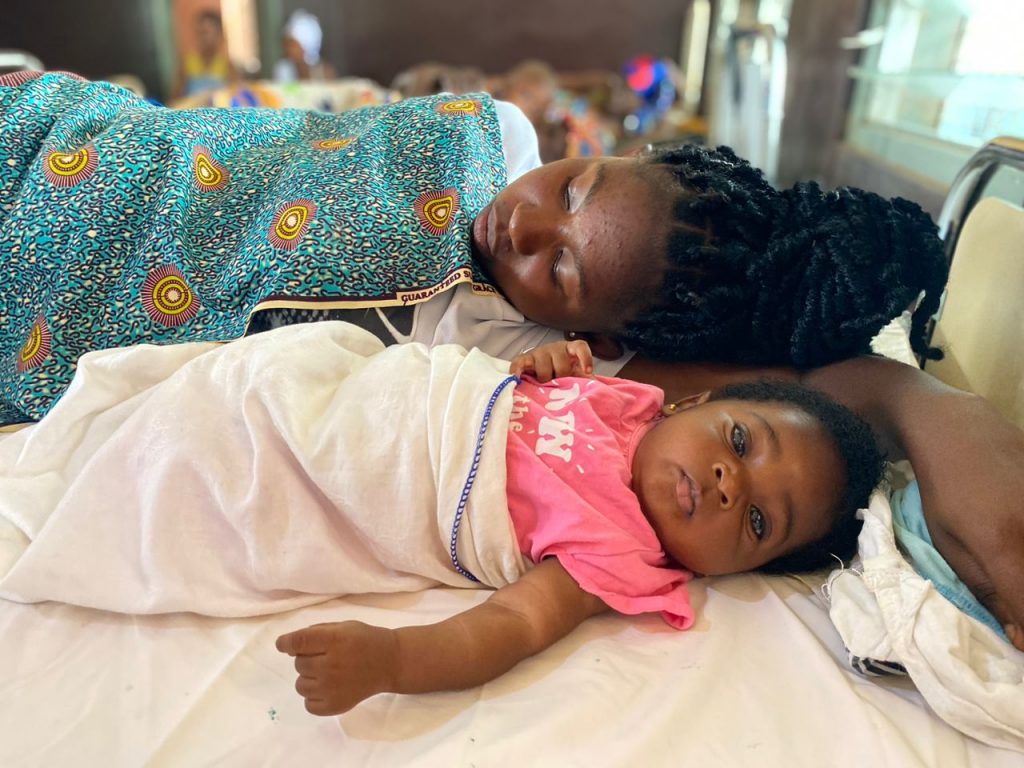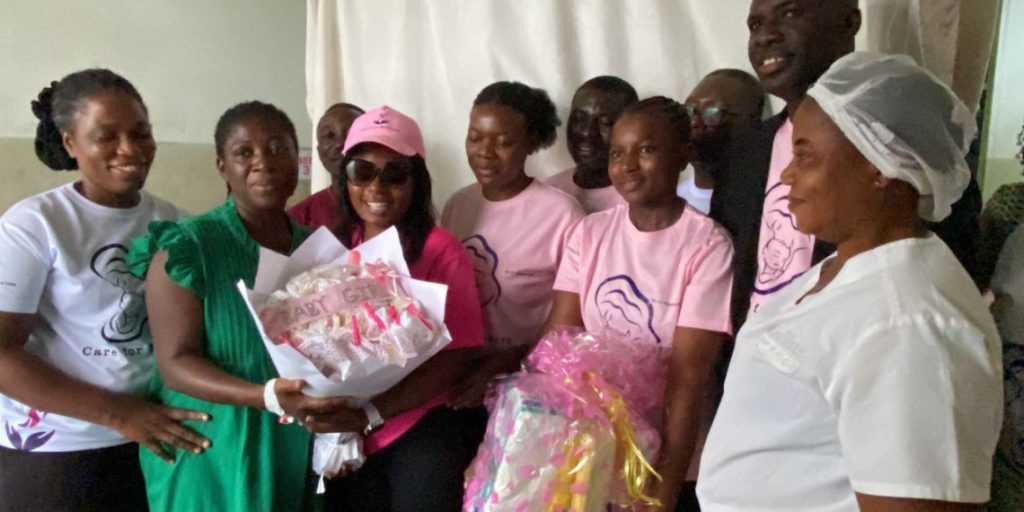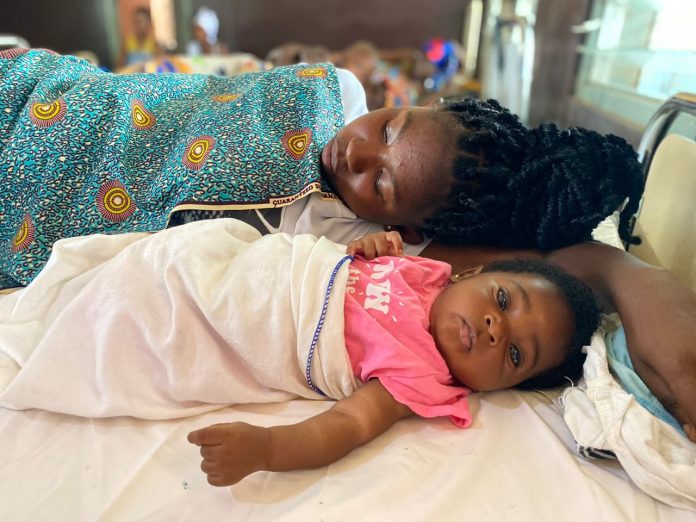
Several new mothers in the Central Region remain stranded in hospital wards after childbirth due to their inability to settle accumulated medical bills, exposing deep cracks in Ghana’s free maternal healthcare policy.
At the Gomoa Oguaa Clinic, midwife Kemor Mathilda revealed that many of the detained mothers come from rural and economically disadvantaged communities. “Most of these patients cannot afford their bills after delivery. In such cases, we as medical staff sometimes have to step in, either by contributing among ourselves or seeking support from benevolent individuals to help them out,” she said.
The situation is not isolated. At the Trauma and Specialist Hospital in Winneba, some mothers have endured weeks of detention. One such patient, Philippa Asante, remains confined to the hospital ward weeks after childbirth. Her case is worsened by a liver condition, which increased her medical expenses beyond her capacity.
“I have been here for several weeks after giving birth. I cannot pay my bills, and because of my liver disease, the costs are overwhelming. I survive on the hospital’s lunch and occasional support from fellow patients,” she lamented.

Although Ghana’s free maternal health policy was designed to remove financial barriers to skilled delivery, health workers and patients argue that the policy leaves significant gaps. Essential needs such as drugs, laboratory tests, scans, and complications arising from underlying health conditions are often excluded. This forces struggling families into debt or prolonged hospital stays.
In an attempt to ease the burden, some non-governmental organisations (NGOs) occasionally step in. In the Central Region, philanthropist Selassie Doughan, founder of a charitable foundation, recently donated items and paid bills for mothers at the Trauma and Specialist Hospital, Gomoa Oguaa Clinic, Gomoa Enyame, Gomoa Tarkwa, and Gomoa Ehyiam CHPS compounds. He has since called on government to urgently review the free maternal healthcare policy to make it more comprehensive.
Health experts warn that the current practice of detaining poor mothers after delivery not only violates human rights but also poses psychological and health risks for both mother and child. Civil society groups are therefore urging government and stakeholders to expand the policy to cover hidden costs and provide a safety net for vulnerable mothers.
























































![[FREE FREE MONEY] Predict and Win a Guaranteed GH¢200 From Us EVERY WEEK](https://wordpress.ghanatalksradio.com/wp-content/uploads/2022/02/Predict-and-Win-Final-09-03-2021-218x150.jpg)
![[Predict & Win – 8th/Oct.] WIN A Guaranteed ¢200 From Us This Week](https://wordpress.ghanatalksradio.com/wp-content/uploads/2021/10/maxresdefault-16-218x150.jpg)
![[Predict & Win – 2nd] WIN A Guaranteed ¢200 From Us This Week](https://wordpress.ghanatalksradio.com/wp-content/uploads/2021/09/maxresdefault-50-218x150.jpg)
![[Predict & Win – 25th] WIN A Guaranteed ¢200 From Us This Week](https://wordpress.ghanatalksradio.com/wp-content/uploads/2021/09/maxresdefault-36-218x150.jpg)
![[Predict & Win – 18th] WIN A Guaranteed ¢200 From Us This Week](https://wordpress.ghanatalksradio.com/wp-content/uploads/2021/09/maxresdefault-23-218x150.jpg)








![[National cathedral] See full list of churches that have contributed since 2018](https://wordpress.ghanatalksradio.com/wp-content/uploads/2020/09/Ghana-National-Cathedral-GhanaTalksRadio-100x70.jpg)



